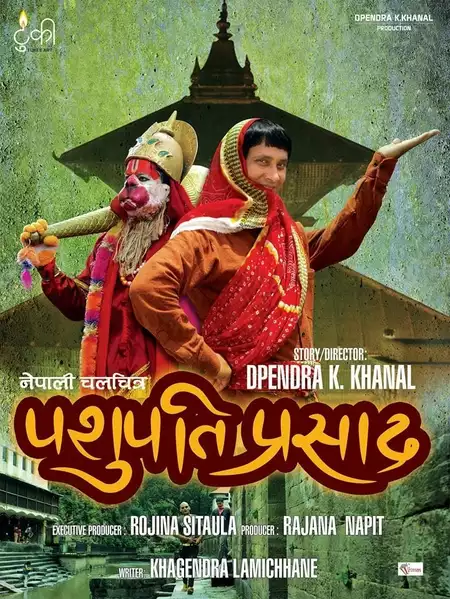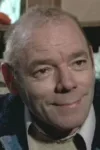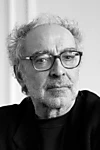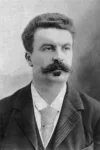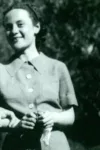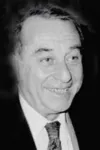Masculin Féminin (1966)
Masculin Féminin (1966)



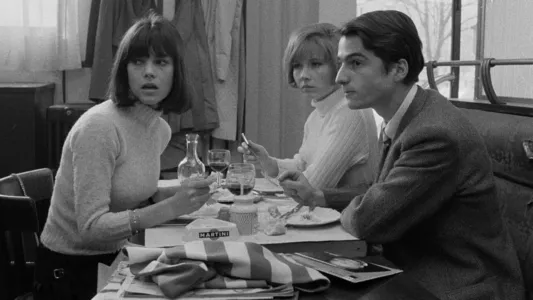
Plot.
Where to Watch.
 Subs
Subs Subs
SubsCurrently Masculin Féminin is available for streaming online, rent, buy or watch for free on: Criterion Channel, Max Amazon Channel
Streaming in:🇺🇸 United States

Cast & Crew.
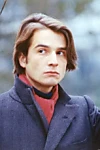
Jean-Pierre Léaud
Paul

Chantal Goya
Madeleine Zimmer

Marlène Jobert
Élisabeth Choquet

Michel Debord
Robert Packard
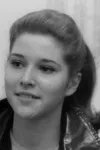
Catherine-Isabelle Duport
Catherine-Isabelle

Evabritt Strandberg
She (Woman in the Film)
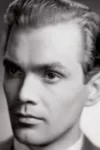
Birger Malmsten
He (Man in the Film)

Yves Afonso
Man Who Kills Himself (uncredited)
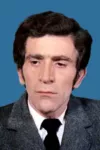
Henri Attal
The Other Porn Book Reader (uncredited)

Mickey Baker
Record Producer (uncredited)

Brigitte Bardot
Brigitte Bardot (uncredited)
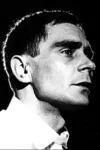
Antoine Bourseiller
Brigitte Bardot's Director (uncredited)
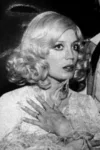
Chantal Darget
Woman in the Subway (uncredited)

Françoise Hardy
American Officer's Wife (uncredited)

Med Hondo
Man in the Subway (uncredited)

Elsa Leroy
Miss 19 Years Old (uncredited)
Media.







Details.
Release DateMarch 22, 1966
Original NameMasculin féminin
StatusReleased
Running Time1h 45m
Genres
Last updated:
This Movie Is About.
Wiki.
Male Female: 15 Specific Events (French: Masculin féminin: 15 faits précis, pronounced [maskylɛ̃ feminɛ̃ kɛ̃z fe pʁesi]) is a 1966 French New Wave film, written and directed by Jean-Luc Godard. An international co-production between France and Sweden, the film stars Chantal Goya, Jean-Pierre Léaud, Marlène Jobert, Catherine-Isabelle Duport and Michel Debord.
Léaud plays Paul, a romantic young idealist who chases budding pop star Madeleine (played by Goya, a real-life yé-yé singer). Despite markedly different musical tastes and political leanings, the two soon become romantically involved and begin a ménage à quatre with Madeleine's two roommates, Catherine (Duport) and Elisabeth (Jobert). The camera probes the young actors in a series of vérité-style interviews about love, lovemaking, and politics. At times the main story is interrupted by various sequences and subplots, including a scene paraphrased from LeRoi Jones' play Dutchman.
Masculin Féminin was intended as a representation of 1960s France and Paris. The film contains references to various pop culture icons and political figures of the time, such as Charles de Gaulle, André Malraux, James Bond, and Bob Dylan. Arguably the most famous quotation from the film is "This film could be called The Children of Marx and Coca-Cola", which is actually an intertitle between chapters.
You May Also Like.
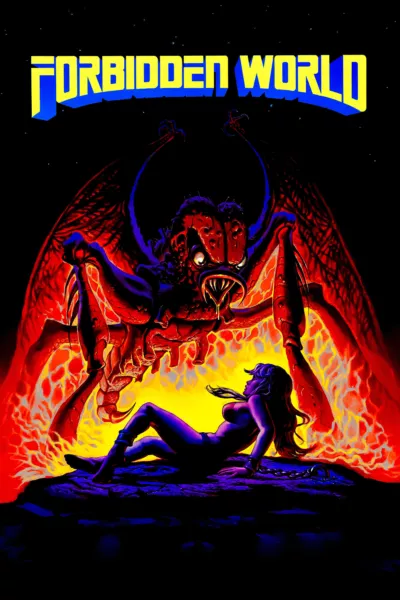
Forbidden World (1982)
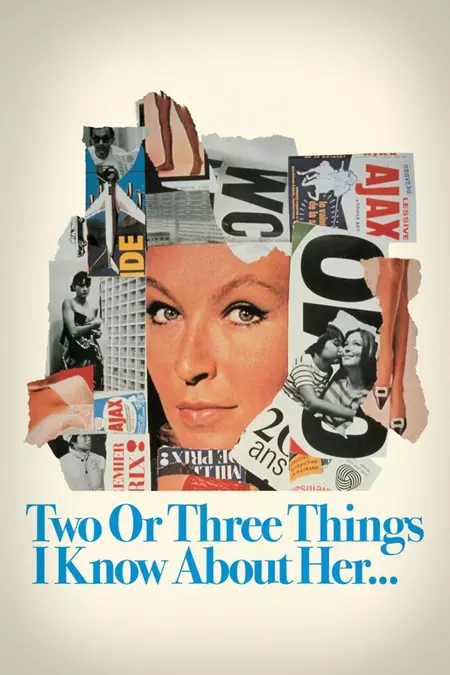
2 or 3 Things I Know About Her (1967)

Warning: Do Not Play (2019)
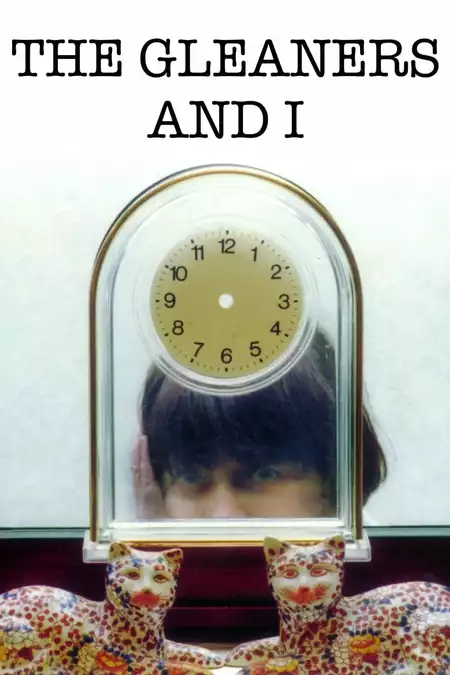
The Gleaners and I (2000)
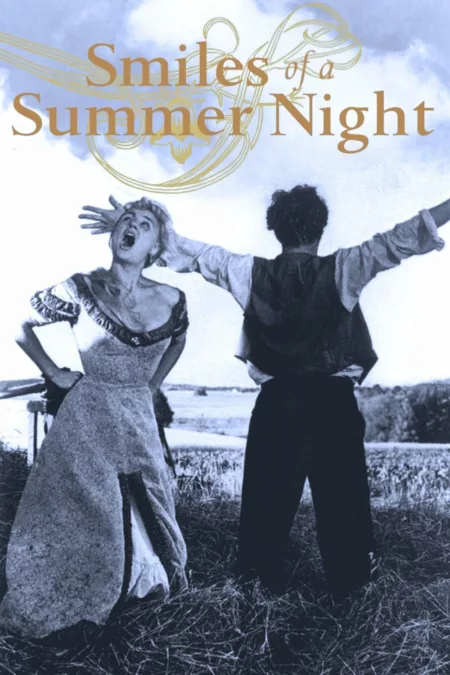
Smiles of a Summer Night (1955)
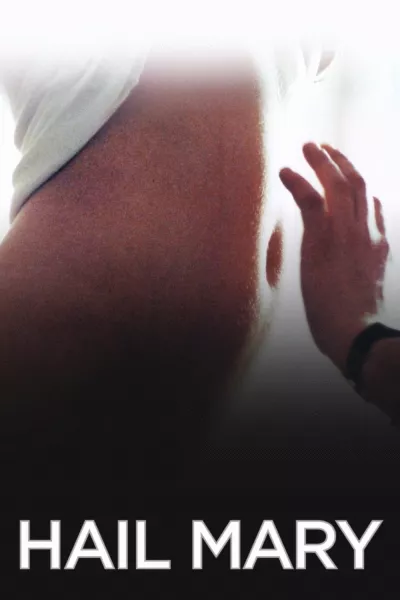
Hail Mary (1985)

Weekend (1967)
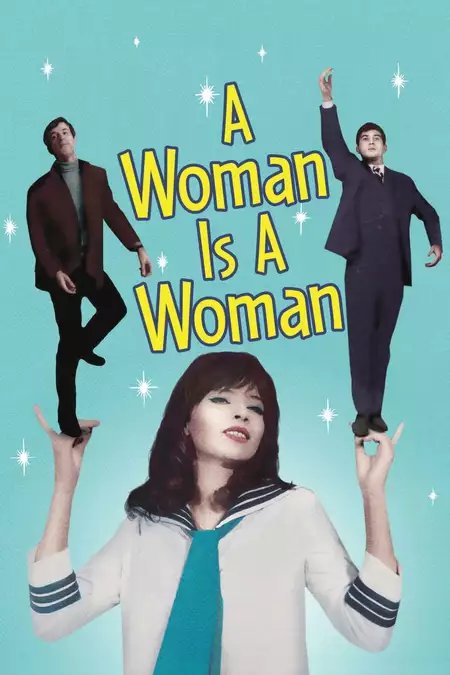
A Woman Is a Woman (1961)
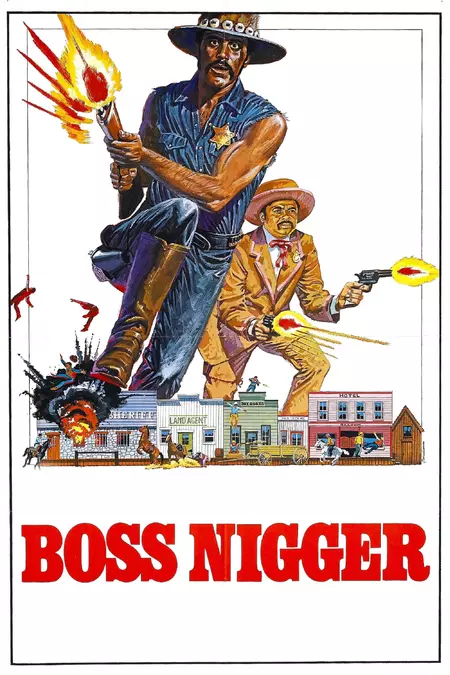
Boss Nigger (1975)
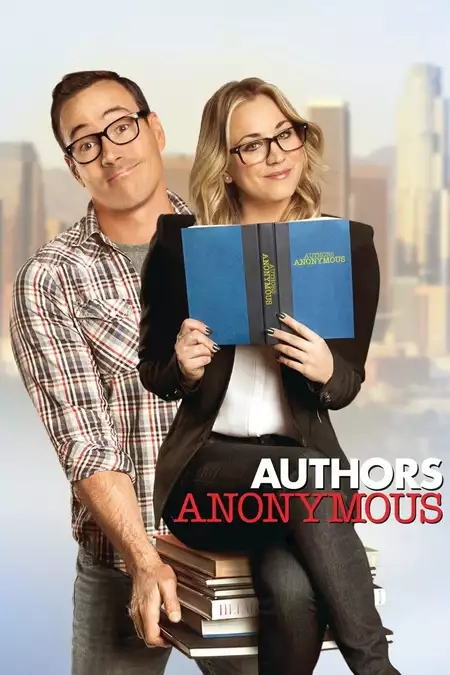
Authors Anonymous (2014)
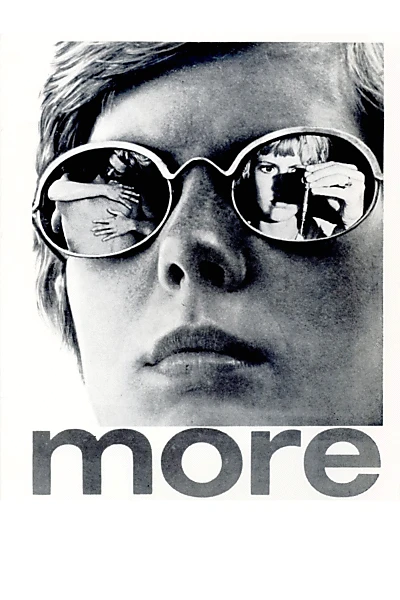
More (1969)
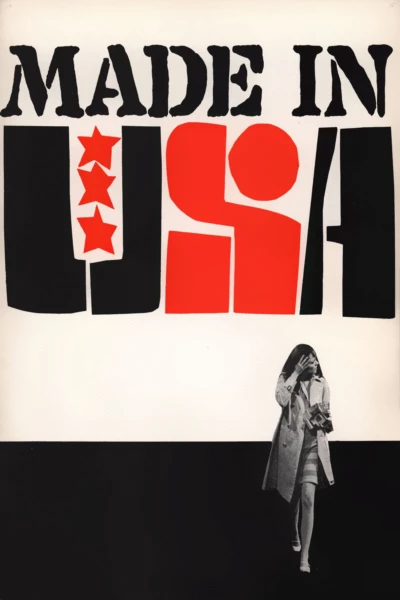
Made in U.S.A (1967)
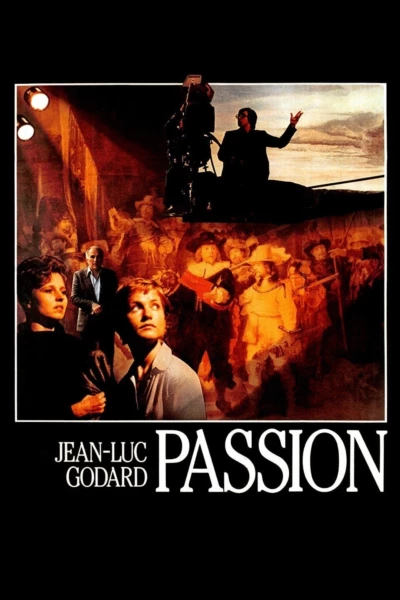
Godard's Passion (1982)
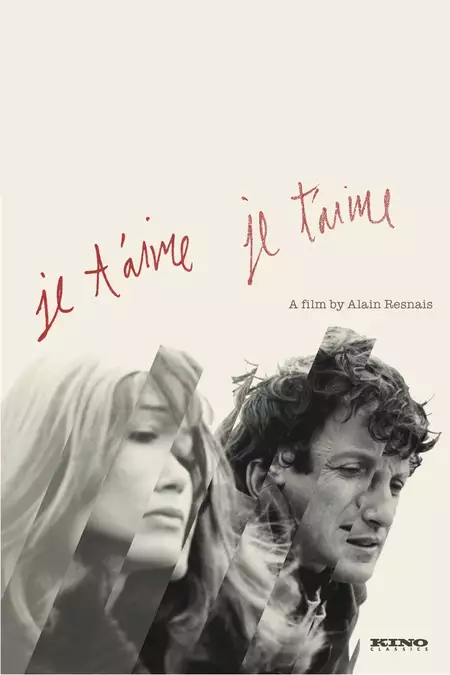
Je T'Aime, Je T'Aime (1968)
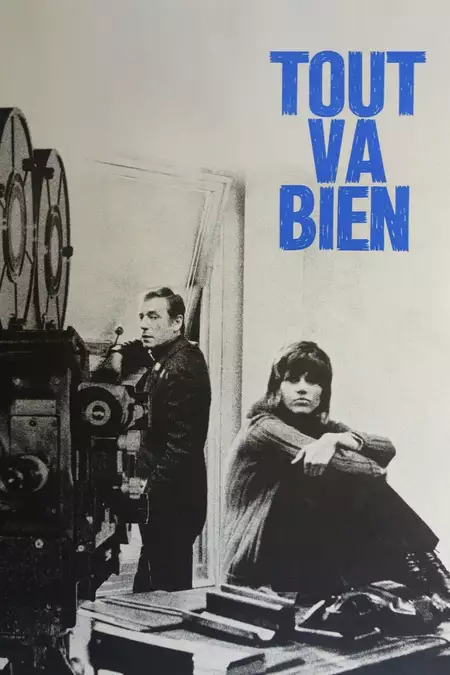
Tout Va Bien (1972)
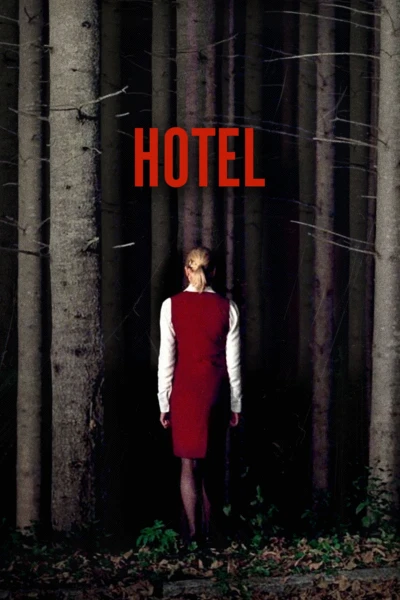
Hotel (2004)
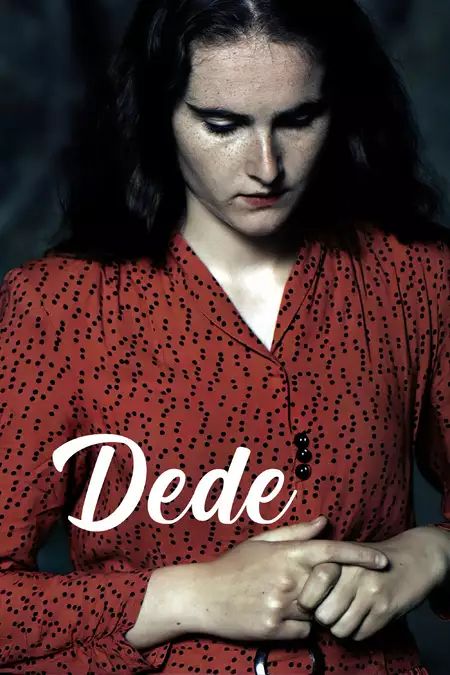
Dede (2017)
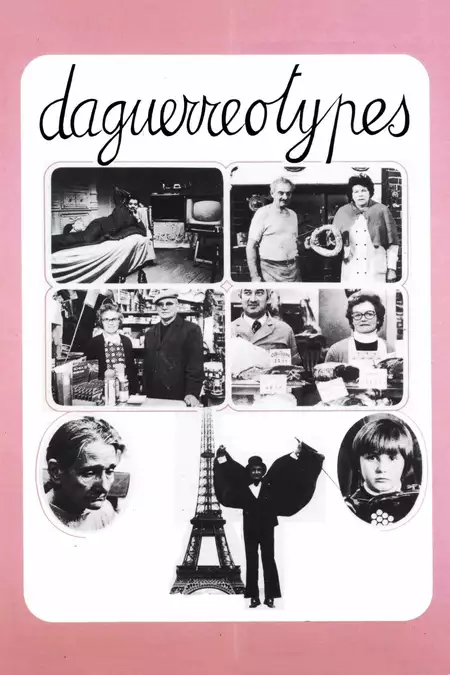
Daguerréotypes (1975)
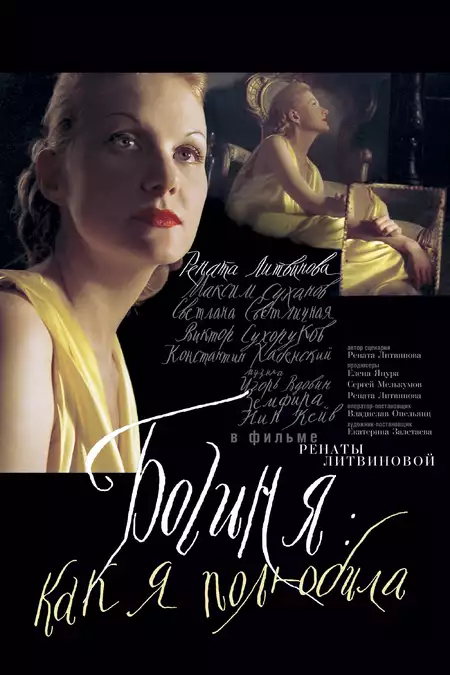
The Goddess: How I Fell in Love (2004)
